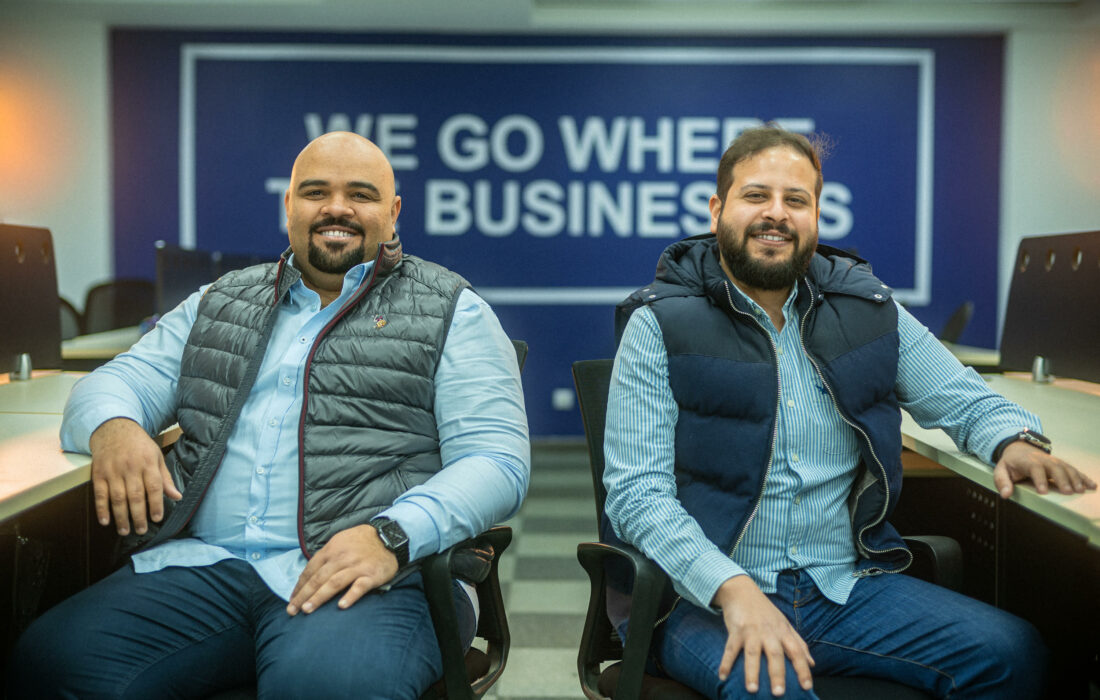Look out of the window and you’ll have an attractive view of MENA start-ups being healthily funded by venture capitalists.
MENA start-ups collected a record of $1.2 billion in funding during H1 2021 – a 64% increase year-on-year. Technology sector companies have dominated the funding scene, and many investors have flocked to the Middle East as the region exhibits high growth rates and impressive innovation.
Venture capitalists are keen to fund the next unicorns, and developments in technology are as rapid as they are seductive to GPs. Throw in record low yields on fixed income investments and slow developed markets growth, and mobile capital has started chasing higher returns in new, more developing markets.
So far, so logical – but this capital allocation increases risk.
On the other side of the equation, entrepreneurs are only too delighted to accept growth capital to – seemingly – supercharge their businesses. Start-up culture has adapted to a more regular flow of investment capital and today’s entrepreneur knows there are perhaps better odds of being acquired for a decent valuation, than the slightly duller approach of building long-lasting business foundations where income consistently exceeds outgoings.
The situation unfolding is one where chasing growth ends up trumping profitability. I say this as the CEO of 4Sale, Kuwait’s largest online classifieds company – used by 1 in 4 people in Kuwait. We have been profitable throughout our formative years, and this was a very deliberate decision for us. When balancing profitability with growth, we prioritised the former.
The growth chase script is familiar. Start with an innovative idea, preferably an ambitious and extraordinary one. Increase brand and product visibility as a priority and – post a seed investment – expand operations ahead of Series A/Series B fund raises. The capital inflow keeps nominal growth going, and operational KPIs can look good for a while. A familiar phrase is: “We could be profitable now, if we chose to, but we’re growing and acquiring more customers.” Finally, exit at the highest possible valuation.
The problem is few sustainable and profitable businesses are built in such a start-up climate. Essentially, a sustainable business has to put profits first, even in today’s tech economy.
The typical rebuttals of this view are examples of many successful and unprofitable technology businesses in recent years, such as Airbnb and Uber. One cannot dispute that technology investors in developed markets seem to be more sanguine about a largely loss-making portfolio, in the hope that the odd success story will subsidise the majority losses.
This philosophy, typical in developed markets does not necessarily work in the Middle East. With smaller markets, long-term business survival and sustained growth is dependent on profitable operations rather than continued ‘expansion.’
Investors in MENA start-ups may wake up to this inconvenient truth when global markets and technology demand – accelerated by the pandemic’s disruptive forces – cools down.
Regional VC experts in MENA make the case for a virtuous circle of successful exits – begetting more confidence in the region, leading to increased future investment, and a strengthened overall ecosystem.
There is nothing inherently wrong with funding futuristic business models which may need a decade to mature and turn a profit, especially if they are impactful.
But there are inherent dangers in the growth-and-exit strategy that will prove detrimental to long-term growth.
Instead of supporting funding frenzies, sound economics should be the priority of investors and founders. Growing local economies responsibly means businesses generating sustained profits.
If you see something out of place or would like to contribute to this story, check out our Ethics and Policy section.














